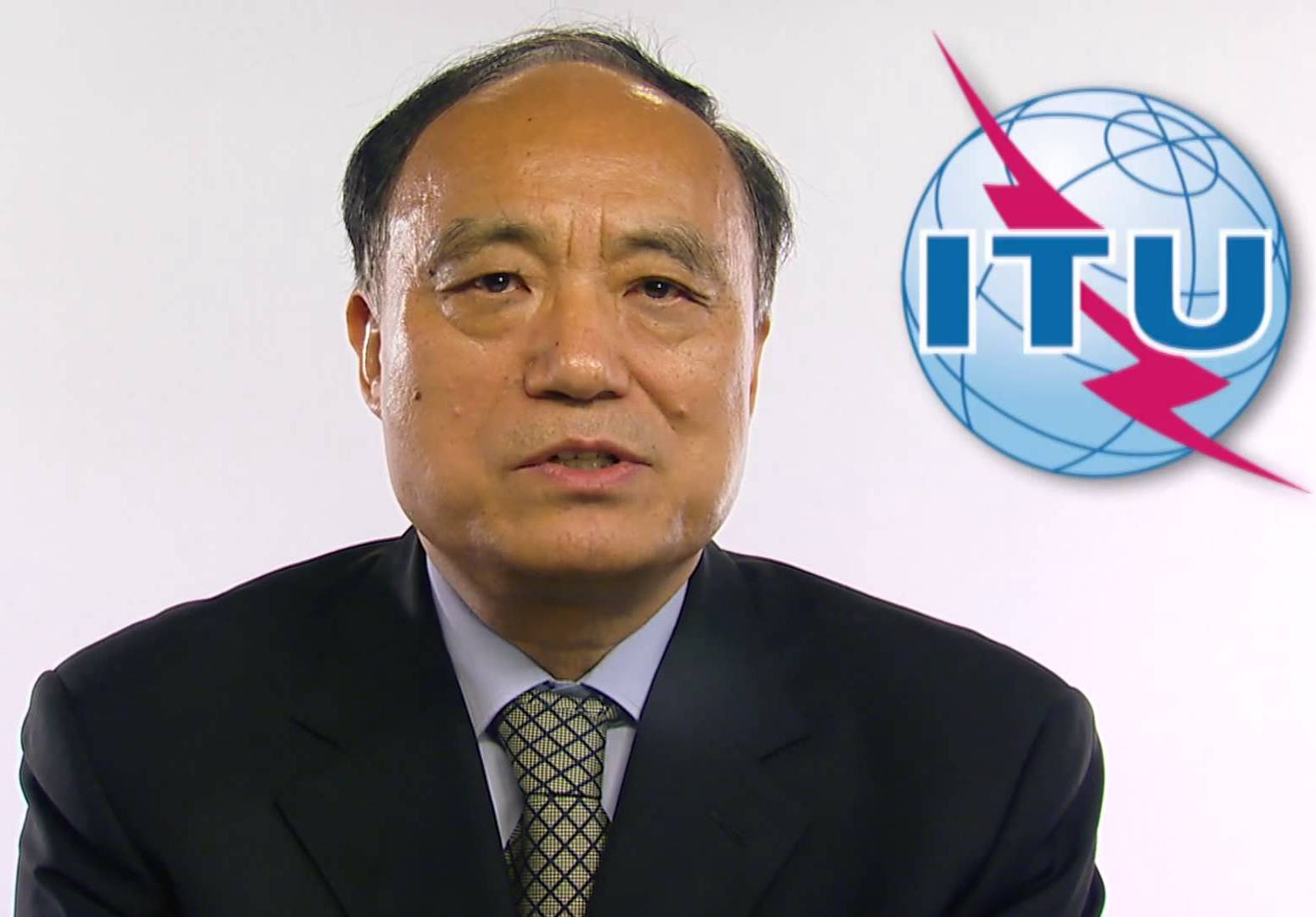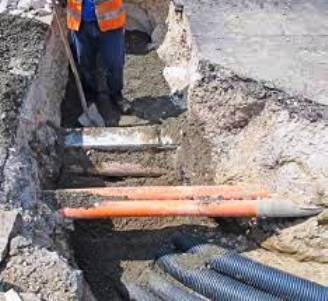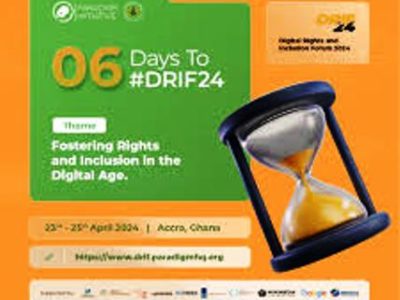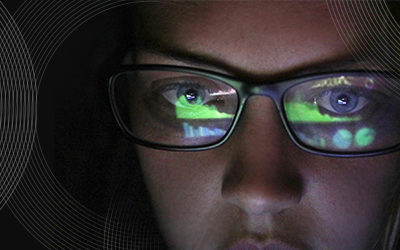The International Telecommunication Union (ITU) and the Enhanced Integrated Framework (EIF) have launched a cooperative project to enhance the digital ecosystem and build digital skills for women in Least Developed Countries (LDCs).
The project will address the ongoing gender digital divide which, while narrowing in developed regions, has widened in developing nations and the LDCs since 2013.
Across Africa, the proportion of women using the Internet is 12% lower than the proportion of men; in African LDCs, the disparity broadens to a 31% gap.
Combining their resources, ITU and EIF will enhance efforts to benefit women in Burundi, Ethiopia and Haiti. This will be achieved by building capacity at the policy level, increasing governments’ ability to mainstream gender and information and communication technologies (ICTs), and by expanding the horizons of thousands of women entrepreneurs in sectors such as textiles and apparel, and the coffee and cocoa value chains.
“More than ever before, digital technology is a key driver of women’s economic opportunities,” said ITU Secretary-General Houlin Zhao. “This partnership between ITU and EIF will result in vital policy support to ensure sustainable expansion of ICTs where it is most needed and will benefit women as they access and use ICTs to participate fully in their economies.”
The project will focus on nationwide fieldwork, specifically:
- Working with governments and other decision-makers to ensure that digital economy policies are gender-responsive;
- Working with organizational partners and other members of the local ecosystem to prepare working-age women to navigate in the digital world; and
- Working with the private sector to create economic opportunities for working-age women in the digital world.
For example, the project will develop national curricula for train-the-trainers programmes, creating a system for distributed education ranging from the most basic use of major information/knowledge platforms to digital solutions for clothing and garment design, smart tailoring, production line, e-commerce solutions for small- and medium-sized enterprises, mobile banking, design thinking and technology innovation, and the Internet of Things for entrepreneurship.
“Building digital skills for women in Least Developed Countries can help women take advantage of growing opportunities – for business expansion, increased market connectedness and enhanced employability.
This is why I am so pleased that EIF is embarking on this effort together with ITU and the governments in Burundi, Ethiopia and Haiti as a part of its Empower Women, Power Trade initiative, which supports innovative work with women across the LDCs,” remarked EIF Executive Director Ratnakar Adhikari.
“Finding innovative ways to close the gender digital divide is critical. We need to empower women in local communities to properly use ICTs and to maximize impact at the economic and social level. This project focuses on the right sectors, the right communities, and the right entrepreneurs to do just that,” said Doreen Bogdan-Martin, Director of ITU’s Telecommunication Development Bureau.
“By joining with EIF to increase women’s access, capacity and use of ICTs, we hope to support many working-age women to be change-makers in their communities.” Improving the policy and regulatory environment that affects the selected countries’ digital society will be key to the project’s success.
To start the conversation on what actions are needed to achieve this improvement, an open discussion is planned among key stakeholders, including women entrepreneurs and women employed in the relevant sectors, officials of ICT ministries, trade sector representatives, sector associations in textiles and apparel, cooperatives in the agriculture sector, and private sector companies.
This joint project, a contribution to the EQUALS Global Partnership and part of EIF’s Empower Women, Power Tradeinitiative, will help to match job market supply and demand, and facilitate the entrepreneurial activities of women through the use of ICTs. It will be conducted in close collaboration with local partners such as cooperatives and business associations to ensure that support for women continues and strengthens after the project is complete.
EQUALS partners will be included in the work at the national level, bringing additional expertise to the project planning and execution.































